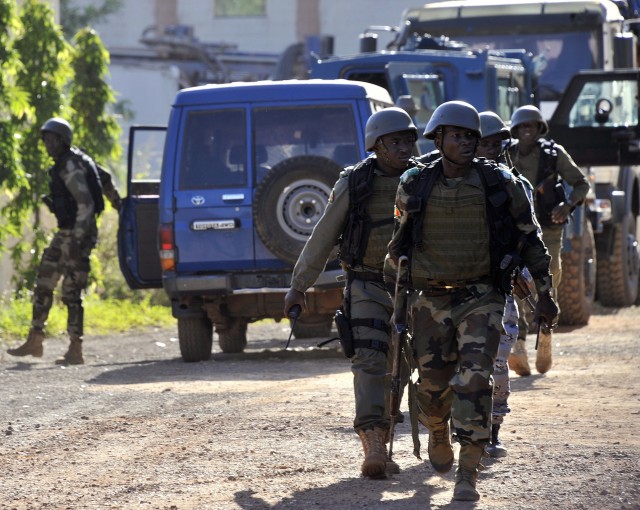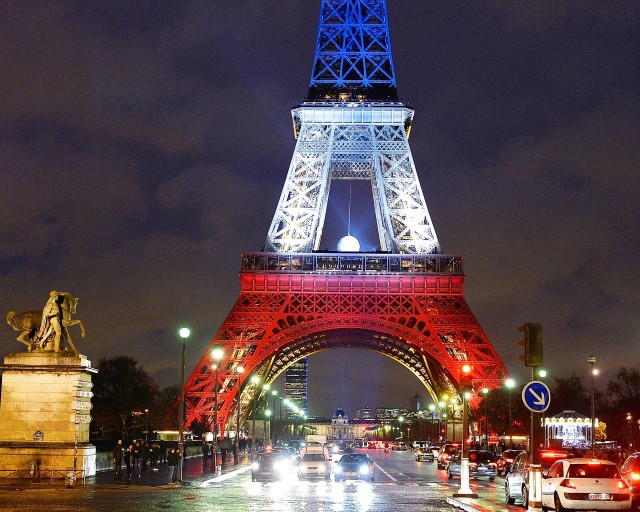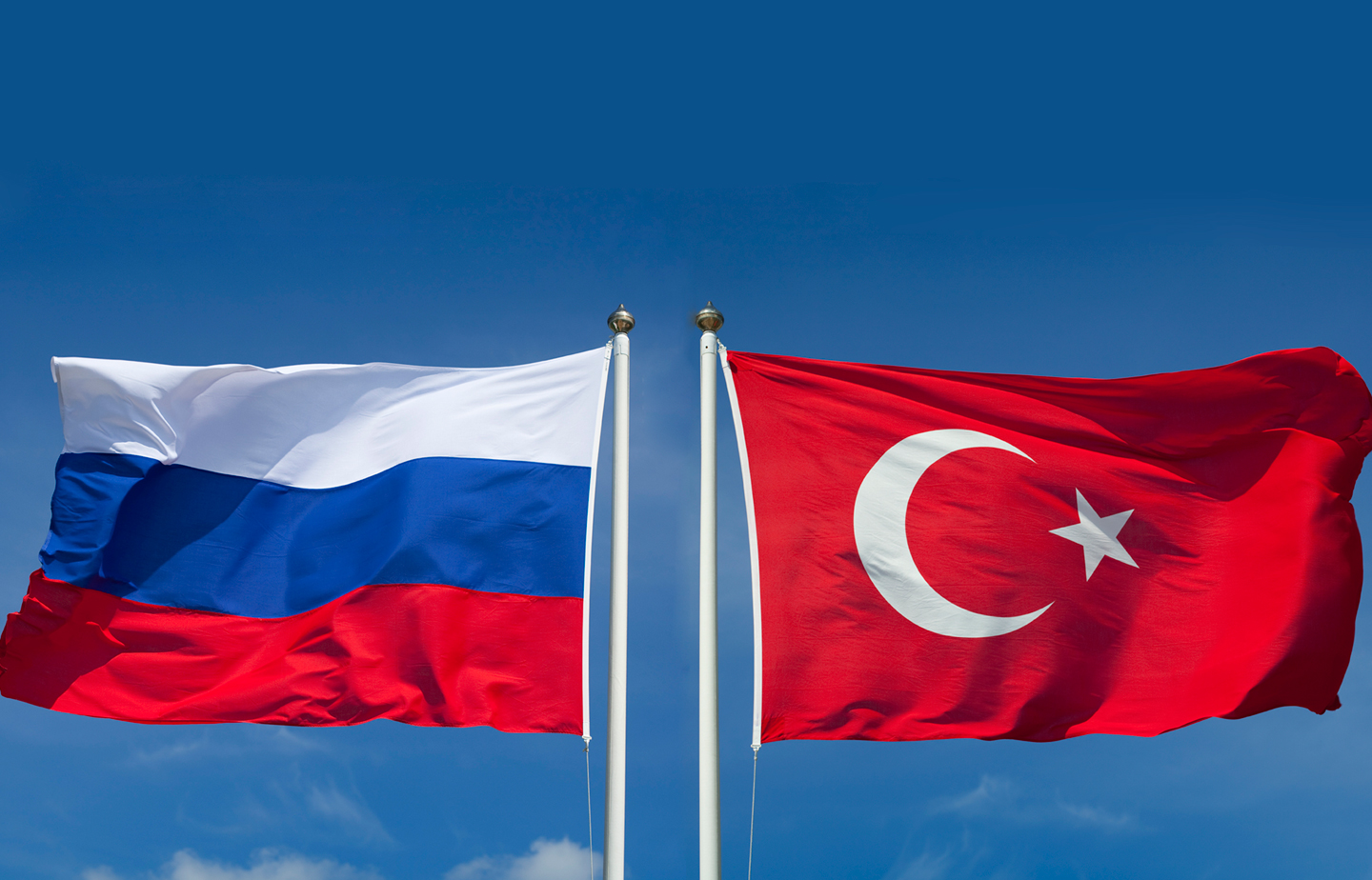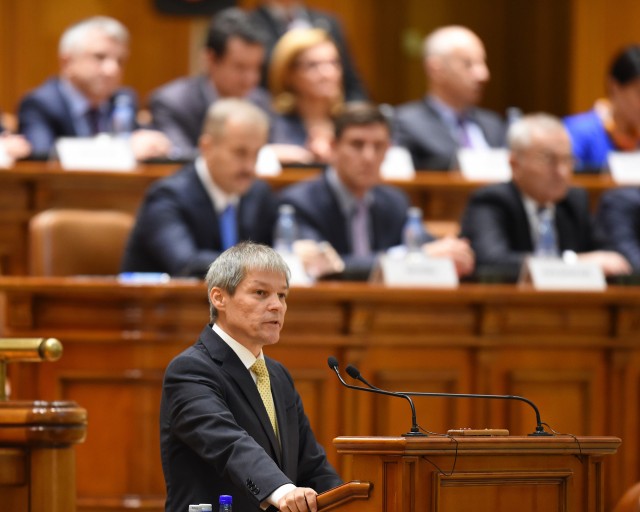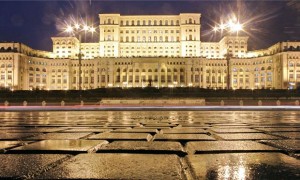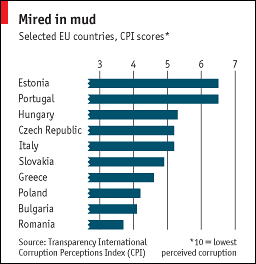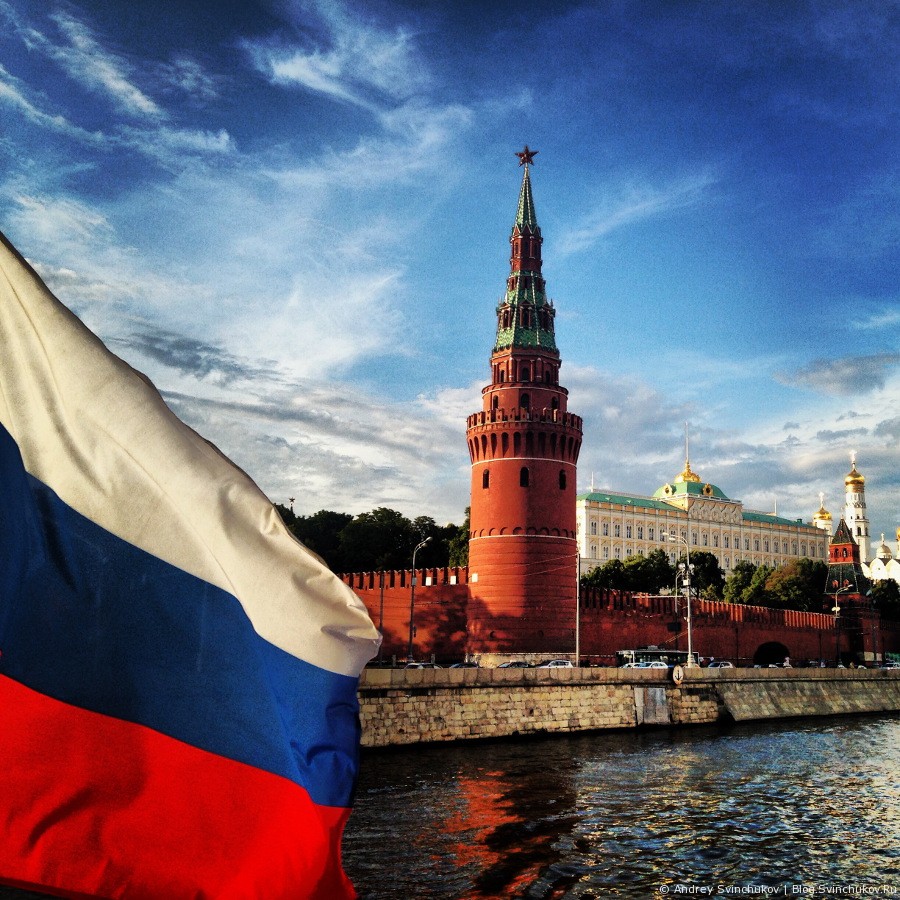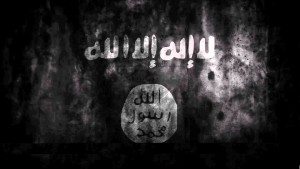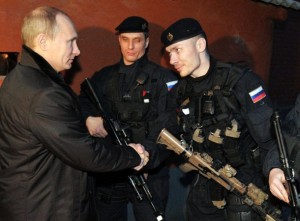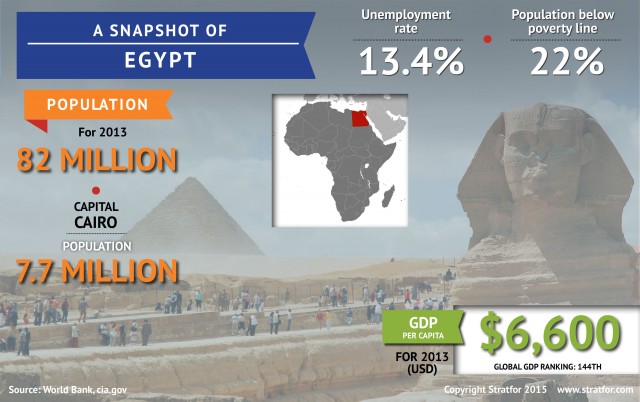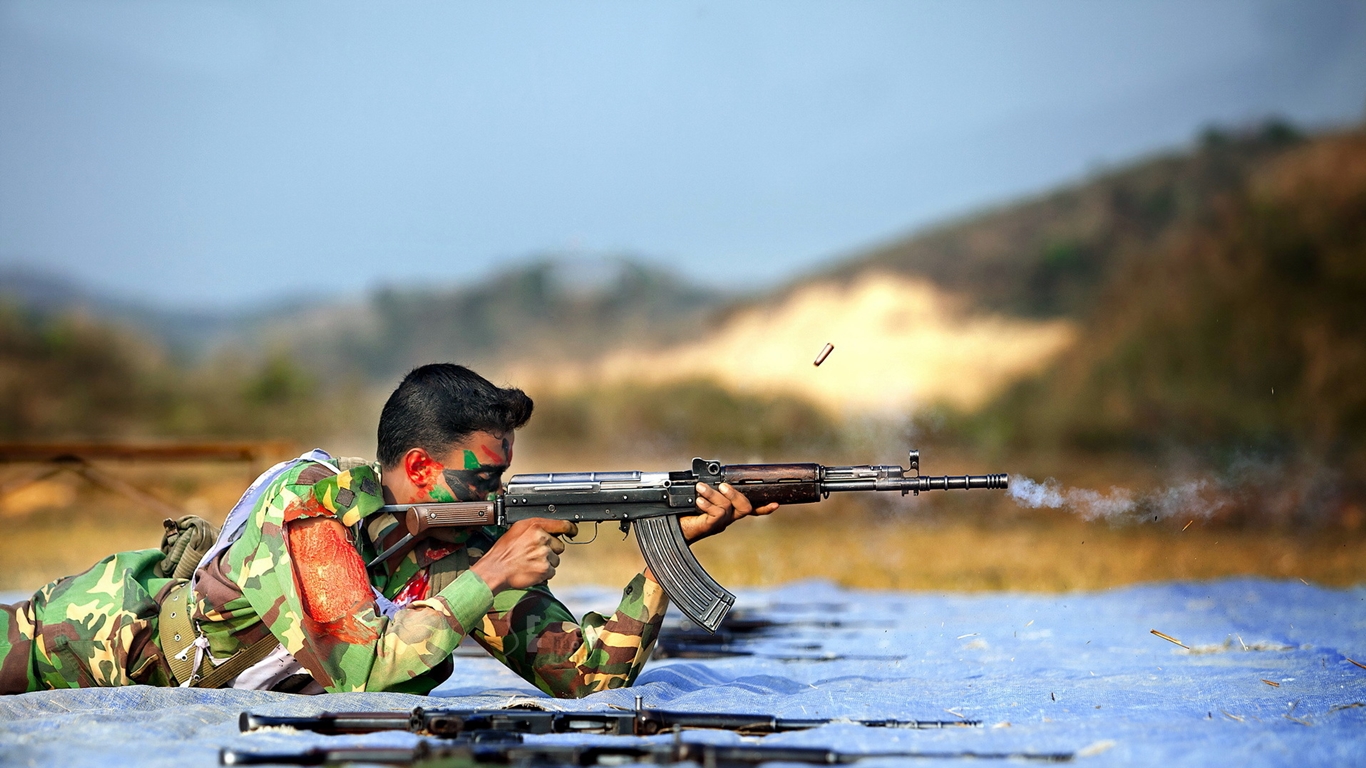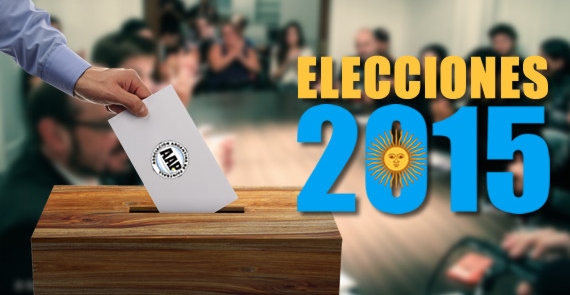Bavaria is one of those rare places where the monumental and the austere coexist, where tradition is strong but so is the desire for innovation. It is a place where villagers gather to continue the folk practice of erecting tall wooden poles to dance around them, and also where massive companies such as BMW and Siemens were born. It is a region where a nostalgic king built the most impressive castle in Europe and decorated each room with themes taken from the works of composer Richard Wagner, but it is also a devout Catholic region where frugality is seen as a virtue.
For foreigners, Bavaria is the pinnacle of the German identity — an Alpine wonderland where people wear lederhosen, drink gallons of beer and eat strange dishes. What many do not realize is that Bavaria is just one of Germany’s many federal states, and some of its customs and dialects are alien to many Germans. More important, while Bavaria’s history is deeply intertwined with Germany’s, the region has traditionally fought for its autonomy, if not independence.
Bavaria is making headlines these days as thousands of asylum seekers enter Germany through its southern border. This is raising concerns in the region, because voters and politicians worry about the economic, social and political impact of the constant arrival of foreigners. The Bavarian government recently asked Berlin to toughen its position on refugees, and regional president Horst Seehofer threatened to impose unspecified “self-defense” measures if the German government does not reverse course on immigration. On the surface, these actions might seem surprising, but they are connected to Bavaria’s history and geography.

The Struggle for Self-Governance
Bavaria’s behavior is shaped by its geographic position. To the south, it is protected by the Alps, a natural border with Austria. To the east, it is sheltered by the Bavarian Forest, a less impressive barrier that nevertheless separates it from the Czech Republic. This distinguishes Bavaria from most Central European regions, which have historically been vulnerable to invasion. It also makes Bavaria a coherent political entity that throughout its history has enjoyed different degrees of self-governance. Bavaria’s position in Central Europe have also made it a significant trading center, while two major rivers, the Danube and the Main (which is a part of the Rhine system) connect it with northern and southeastern Europe.
This geography explains Bavaria’s wealth and impressive dynastic continuity. Members of the Wittelsbach family ruled as dukes, electors and kings of Bavaria between 1180 and 1918 — an impressive record that surpasses even that of the Habsburg family in Austria. At different times in history Bavaria became a significant political player in Europe; two members of the Wittelsbach family became Holy Roman Emperors, and others became kings in places as diverse as Norway and Greece.
However, Bavaria’s geography has also put it in the path of larger military forces, and the region was never completely insulated from political developments in Central Europe. Bavaria was first a Merovingian and then a Carolingian vassal state before joining the Holy Roman Empire. When Prussia rose to power in the 18th century, Bavaria was forced to play rivals Prussia and Austria against each other, only to join the German Empire after Austria’s defeat in the Austro-Prussian war. This highlights Bavaria’s main geopolitical imperative: to be part of larger institutional frameworks for protection, while also trying to maintain as much autonomy as possible.
Because of this imperative, Bavaria has traditionally had a complex relationship with its Germanic neighbors. A German-speaking region, Bavaria has a very strong connection with the rest of Germany. The need for protection explains its membership in the German Empire, though it joined only after it was promised that it would control its own army, railways and postal service.
The desire for autonomy explains Bavaria’s decision not to ratify the Constitution of West Germany in 1949, mostly because it felt the law did not give enough powers to the country’s regions. Bavaria only agreed to enforce the German Constitution after the rest of the German regions ratified it. Bavaria’s official name, Free State of Bavaria, is purely symbolic because the German Constitution does not distinguish between states and free states, though the name acknowledges the region’s aspirations for self-rule.
As Germany’s second richest region in terms of GDP, Bavaria has repeatedly questioned the country’s complex transfer system, under which resources are transferred from wealthier to poorer regions in an attempt to secure similar standards of living for all Germans. Bavarian governments have described the system as unfair and criticized regions in eastern Germany for not being fiscally responsible — much as Germany has criticized other eurozone countries such as Greece.
But Bavaria is also very close to a fellow Catholic entity; Austria. Bavaria’s landscape, architecture and language are closely connected with those of Austria, especially in the bordering Tyrol area. When Bavaria joined the German Empire in 1871, Bavarian nationalists were against the idea of being ruled by protestant Prussia and demanded independence. After Germany’s defeat in World War I, some Bavarian nationalists proposed that Bavaria join Austria.
A Laboratory for Extreme Political Ideas
Bavaria has often been a center for new political experiments in Germany. In times of deep social upheaval, this involved embracing extreme positions. In the tumultuous months that followed the collapse of the German Empire after World War I, an independent Bavarian Soviet Republic was proclaimed. With its capital in Munich, the republic’s goal was to establish a communist regime that would be independent from the also recently proclaimed Weimar Republic. The experiment only lasted for only few months and in May 1919 the rebel government was deposed by remaining loyal elements of the German army.
These events contributed to the emergence of Bavaria’s next extremist experiment, Nazism. In the early 1920s, the region was a hotbed of right-wing nationalist opposition to the Weimar Republic, and a natural place for a failed Austrian painter and former soldier to find a receptive audience for his new political ideas.
Munich was both the founding city and the spiritual center of the National Socialists, who held their first meetings in the city’s beer halls. In 1923 Munich was the stage of Adolf Hitler’s first attempt to seize power, in the so-called Beer Hall Putsch. The city had a special place in the Nazi pantheon, and in 1935 Hitler declared it “the capital of the (Nazi) movement.” Interestingly enough, Hitler had to rely on the support from other German regions in his rise to power, as a large segment of the Catholic electorate in Bavaria remained loyal to moderate parties.
Conservative and Slightly Euroskeptical
Bavaria’s political exceptionalism is also represented by the fact it is the only part of Germany where Chancellor Angela Merkel’s conservative Christian Democratic Union is not present. Instead, a sister party, the Christian Social Union, represents Merkel’s party in Bavaria. The two parties are closely connected and form a common faction in the Bundestag, but formally they are separate entities. The Christian Social Union has governed Bavaria uninterrupted since the late 1950s, in another case of impressive political continuity.
The two forces are ideologically close, but the Christian Social Union tends to be more conservative regarding social issues. It is also slightly Euroskeptical and more interested in protecting regional rights. This creates friction every time a Christian Democratic Union federal government moves to the political center or makes decisions on big EU issues.
Christian Social Union lawmakers are not afraid of defending their ideological independence and challenging the central government in Berlin. In August, several Christian Social Union parliamentarians voted against the third Greek bailout, and in October a parliament member from the Bavarian party went so far as to say that Merkel could face a no-confidence vote if she did not change her position on asylum seekers. A core element of the Christian Social Union strategy is to prevent the emergence of any political movements to its right. This involves toughening its own position if it has to. For example, since the beginning of the refugee crisis, Bavarian politicians have demanded that Germany close its southern border and automatically deport migrants who do not qualify for asylum.
Because of its size, the Christian Democratic Union is more influential than its sister party when appointing electoral candidates and proposing policy at the federal level. However, this does not mean the Christian Social Union readily accepts its subordinate role in the alliance. In 2002, former Bavarian president and Christian Social Union leader Edmund Stoiber successfully challenged Christian Democratic Union leader Merkel and became the conservative candidate for the general elections. The strategy did not work in the long run, however, and the alliance lost the 2002 election to the center-left. Merkel would have a rematch only three years later, when she won the election and became German chancellor.
Just as Bavaria is unwilling or unable to sever its ties with Germany, the Christian Social Union is interested in preserving its alliance with the Christian Democratic Union, although it remains willing to challenge the federal government whenever it feels its interests are at stake. This will continue to constrain the administration in Berlin, especially as the European Union’s long list of recurring problems continues expanding.
Bavaria is a fascinating example of a territory that is powerful enough to demand special treatment from its neighbors, but not strong enough to completely control its destiny. As British historian Simon Winder put it, “Bavaria … is one of those strange semi-kingdoms that has throughout its history come close to being a real and independent state but has always been subsumed or subverted.” Because of its proud history and powerful sense of identity, Bavaria will continue to be a strong-willed force in Germany and beyond.


